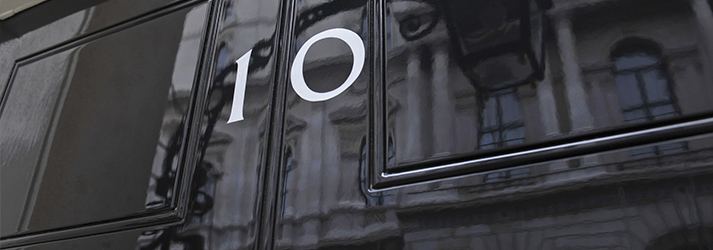European markets had been set to accelerate, but political tensions may halt their progress.
- The ECB has cut rates, the first time it has cut rates before the Federal Reserve.
- The lacklustre economic picture had also started to improve.
- This nascent confidence could be derailed by growing political tensions
It looked like Europe might finally be settling into a path of stronger stock market performance. The ECB had finally cut rates, the first time in its history that it had cut rates before the Federal Reserve. Leading indicators suggested that lacklustre economic growth may finally be reviving, and there have been signs that investors may be starting to value company fundamentals over economic indicators, a positive for European markets.
However, politics has got in the way. French president Emmanual Macron responded to the European parliamentary elections by calling a snap election. In doing so, he laid the gauntlet down for the far right, challenging French voters to back him. Any boost from the ECB rate cut has been lost in the ensuing political uncertainty.
There are still some encouraging economic signs in Europe. The ECB dropped main lending rate from an all-time high of 4% to 3.75%. Investors had already been encouraged by the prospect of rate cuts. While the MSCI Europe and MSCI World had been tracking each other for the year to date, European markets have started to pull away over the last three months, rising 7.2% versus 4% for the broader world index.
The lacklustre economic picture had also started to improve. There were tentative signs of improvement in the region’s manufacturing sector, with the HCOB Eurozone Manufacturing PMI rising to 47.3 in May, from 45.7 in April. The services sector saw an even more marked improvement, with cost pressures showing signs of deceleration. There are still weak spots – the German manufacturing sector remains in the doldrums – but the overall picture is one of improvement.
This nascent confidence could be derailed by growing political tensions. Far right parties made significant gains in the European parliament elections. The French election has spooked markets and unwound any short-term advantage from the interest rate cut. There are also concerns over the currency. The rate cut could depress the Euro even further at a time when the Dollar has been persistently strong. In turn, this could create inflationary pressures at the margin, and prevent further rate cuts.
Ultimately, political uncertainty is likely to balance out any benefit from the rate cut. Europe should be a natural beneficiary of nerves around the US market and high valuations, but the decision has become more difficult in the short-term.









